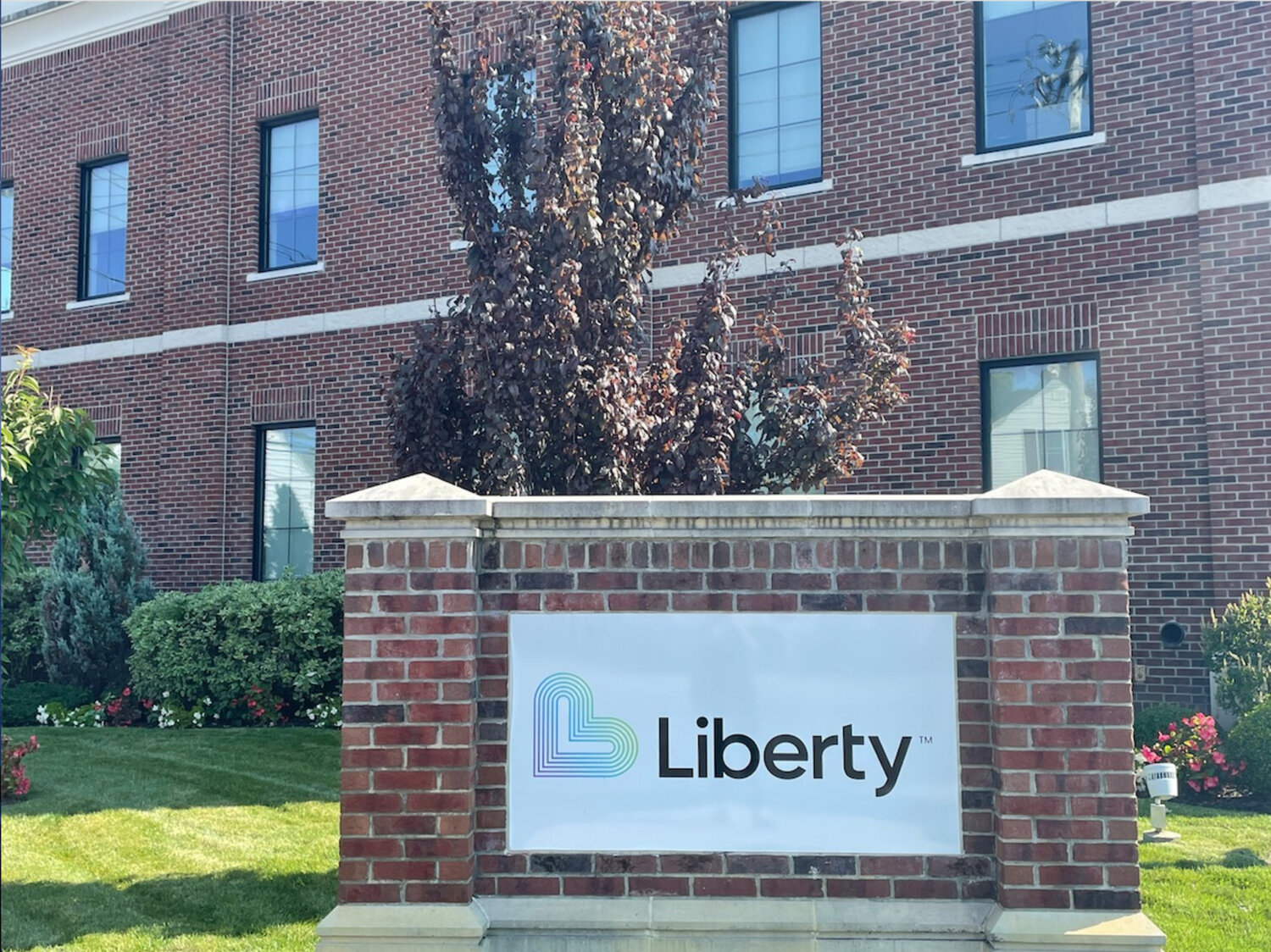1,4-dioxane found in Liberty water supply
Company is taking proper steps to remove chemical
Liberty Water customers in the Merrick Service District received a notice from the company last month stating that the chemical 1,4-dioxane had been detected in the drinking water at a concentration that exceeded New York state’s maximum contaminant level of 1 part per billion.
“The MCLs are set well below levels known to cause health effects in animal studies,” the notice read. “Therefore, consuming water with 1,4-dioxane at the level detected does not post a significant health risk. Your water continues to be acceptable for all uses.”
Dioxane is a chemical that studies have found caused liver cancer in animals exposed to high levels throughout their lifetimes. Other types of cancer have been reported, although less consistently than liver cancer, Liberty said. The U.S. Environmental Protection Agency considers dioxane a likely human carcinogen, based on the animal studies.
“At the level of 1,4-dioxane detected in your water, exposure from drinking water and food preparation is well below 1,4-dioxane exposures associated with health effects,” Liberty said.
It’s not just water that the chemical can be found in, environmentalists have previously told the Herald. Adrienne Esposito, executive director of Citizens Campaign for the Environment, a Farmingdale-based advocacy group, said that it had completed a study on where else the chemical has been detected.
“We tested 80 common household products,” Esposito said in January. “We found surprisingly high levels of 1,4 dioxane in Tide laundry detergent, which had the highest level. It wasn’t just Tide, though. It was other laundry soaps and dish soaps, too.”
The state Department of Health has adopted a drinking water regulation that requires all public water systems to test for dioxane. If it is found above the maximum contamination level, the water suppliers must take steps to lover the level to meet the standard.
Liberty’s notice informed customers in the Merrick District, which includes Merrick, Bellmore, Wantagh, Seaford and parts of Levittown and Massapequa. The district is working with the Nassau County Department of Health to reduce levels of the chemical in the water supply.
The affected wells in the Merrick district are wells 3A and 4, both at the company’s Seamen’s Neck Road Plant, on the Seaford-Levittown border. The utility is constructing what it calls an advanced oxidation process treatment facility at the plant, which will treat the water. According to a progress report issued last year, the treatment facility is expected to begin operating by the end of 2023.
Liberty said it is required to update the state and county health departments on the status of the project each calendar quarter.
The impacted wells will continue to be operated in a “last on first off sequence” to minimize their use.
State Sen. Steve Rhoads, who represents communities in the Merrick Service District, wrote in a letter sent to Gov. Kathy Hochul and James C. McDonald, commissioner of the state health department, that the notice was concerning.
“While we understand that traditional carbon-based filtration systems will not eliminate 1,4-dioxane and Liberty water will need time to construct a 1,4-dioxane treatment system, I am struggling to understand the thought process of the (Department of Health) in allowing the affected wells to continue in operation,” Rhoads wrote, “potentially exposing residents to a heightened danger which the DOH itself identified.”
Liberty, a private company, is currently asking the state’s Public Service commission for a 42 percent rate increase in the Merrick district. The proposal has been met with fierce backlash in a community where residents already pay as much as 1,300 percent more for their water than customers of public water suppliers.
Hochul signed a bill in November 2021 that created the South Nassau Water Authority, a public entity that has the power to take over Liberty. But the authority has faced some setbacks, including funding. A similar authority was created on Long Island’s North Shore, and earlier this year it received $2 million in state funding. The South Nassau authority, however, has received no financial assistance from the state.
Rhoads asked that the governor include his bill, S. 5173, in the 2023-24 executive budget, which would fully fund the South Nassau Water Authority, “allowing it to effectively work on behalf of over-burdened Liberty Water ratepayers to negotiate a public takeover,” Rhoads wrote in his letter.
“The legislation is sponsored as a ‘same as’ in the Assembly by Assemblywoman Taylor Darling as well as Assemblymen Brian Curran and David McDonough,” Rhoads wrote. “While inflation soars and New York becomes more and more expensive to live, work and raise a family, we as public servants must do everything in our power to ensure it remains safe and affordable for future generations.”
Public service hearings began on Sept. 15, giving Liberty customers an opportunity to voice their concerns over the rate increase. The public has until Oct. 19 to submit comments to the commission. Go to DPS.NY.gov and search case No. 23-W-0235 to learn how.
Liberty customers with questions about dioxane levels can contact the company, at (877) 26-6999, or the county health department, at (516) 227-9697.






